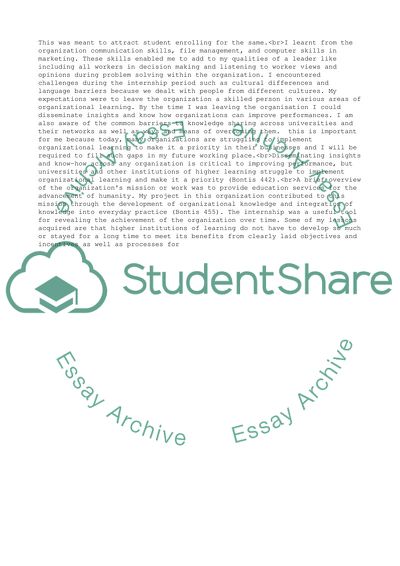Cite this document
(Internship final reflection Article Example | Topics and Well Written Essays - 1750 words, n.d.)
Internship final reflection Article Example | Topics and Well Written Essays - 1750 words. https://studentshare.org/management/1832527-internship-final-reflection
Internship final reflection Article Example | Topics and Well Written Essays - 1750 words. https://studentshare.org/management/1832527-internship-final-reflection
(Internship Final Reflection Article Example | Topics and Well Written Essays - 1750 Words)
Internship Final Reflection Article Example | Topics and Well Written Essays - 1750 Words. https://studentshare.org/management/1832527-internship-final-reflection.
Internship Final Reflection Article Example | Topics and Well Written Essays - 1750 Words. https://studentshare.org/management/1832527-internship-final-reflection.
“Internship Final Reflection Article Example | Topics and Well Written Essays - 1750 Words”. https://studentshare.org/management/1832527-internship-final-reflection.


